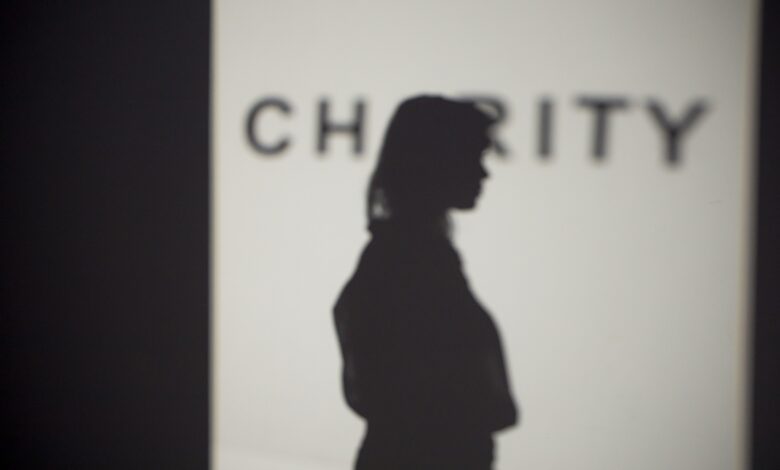Selfish act in the guise of charity

Editor,
Charity is one of the most important tenets of many religions, including the Niam Khasi. However, the definition of it can vary depending on religious beliefs. For some, charity is giving to those in need out of love and compassion. Others believe that it is helping others in order to receive favour from God. Still, many believe that it is doing good deeds in secret so that no one will know about them.
No matter what the definition, though, all religions agree that charity is a virtue that should be practised. Some religious traditions also see it as an act of kindness and love and often emphasise the importance of helping those who are in need. It is also often seen as a way to improve one’s soul and earn favor with God; while most religious traditions place a specific emphasis on giving to the poor, while others see charity as encompassing a wider range of actions, such as caring for the sick or providing support to the needy.
It’s been taught to generations that “it is more blessed to give than to receive.” But how blessed is it when you give in order to receive? Let’s face it! Charity is everywhere: From a dentist giving “free” medical checkups to a pastor building homes for the poor. Experts call it “selfish giving” — when givers are looking to get back more than just the joy of giving. But where do you draw the line? When givers are giving in order to sell more lattes or enhance their resumes, is it a win-win — or is something else lost?
As someone who works professionally with charities, I understand the topic well and have also written several articles about the good work of humankind. But in light of recent events, this time I am compelled to write an open letter about the dark side of charity too. A few days back, a suicide threat note from a girl (name withheld) from the city went viral on WhatsApp. In the note, the girl confessed of having consulted a city-based dentist several times and also mentioned that the doctor had refused to accept any payment for his services saying that he runs a charity clinic. But a month ago, the girl received a payment notice demanding her to clear all her bills totaling a little over Rs 1 lakh to avoid a police complaint. Tired of the doctor’s demands, the girl threatened to commit suicide. Prior to this, the same doctor and his relatives were in the news for the all wrong reasons.
This incident compelled me to ponder more on the subject. I think there is some validity to the idea that using activities that we would love to do anyway as a vehicle for fundraising can be manipulative. Certainly there are times when the participant portrays the event as something other than a personal achievement or dream fulfilled to encourage more giving. That’s often somewhat less than fully honest.
The injunction, kamai ïa ka hok, which signifies right living and practice based on right livelihood, is also a common moral exhortation of all religions and not just of the Niam Khasi. But it is evident now more than ever that kamai ïa ka hok has indeed turned to kamai ïa ka burom and some people’s “Selfless” charity is actually a “Selfish” act. These arguments may generate heated internet comment debates, but they do little to address reality. I truly feel we have lost a sense of morality for its own sake. We should just be generous to be generous. We should do what’s right because it’s right, not because of what you get back.
I am troubled by what I see in this Ri Tip-Briew Tip-Blei, as a growing trend of conspicuous compassion, where giving has turned into a new must-have accessory. It brings social cachet to you. I also worry that that’s what kids begin to think giving is — serving your needs and other peoples’ needs. And they don’t have an image in their head of another kind of giving: a tenacious, low-profile kind of altruism that’s really just about the other person, and not about you. And I think we’re in really deep trouble as a society if that sense of morality for its own sake evaporates.
Yours etc,
Gloria D. Thabah
Social worker




